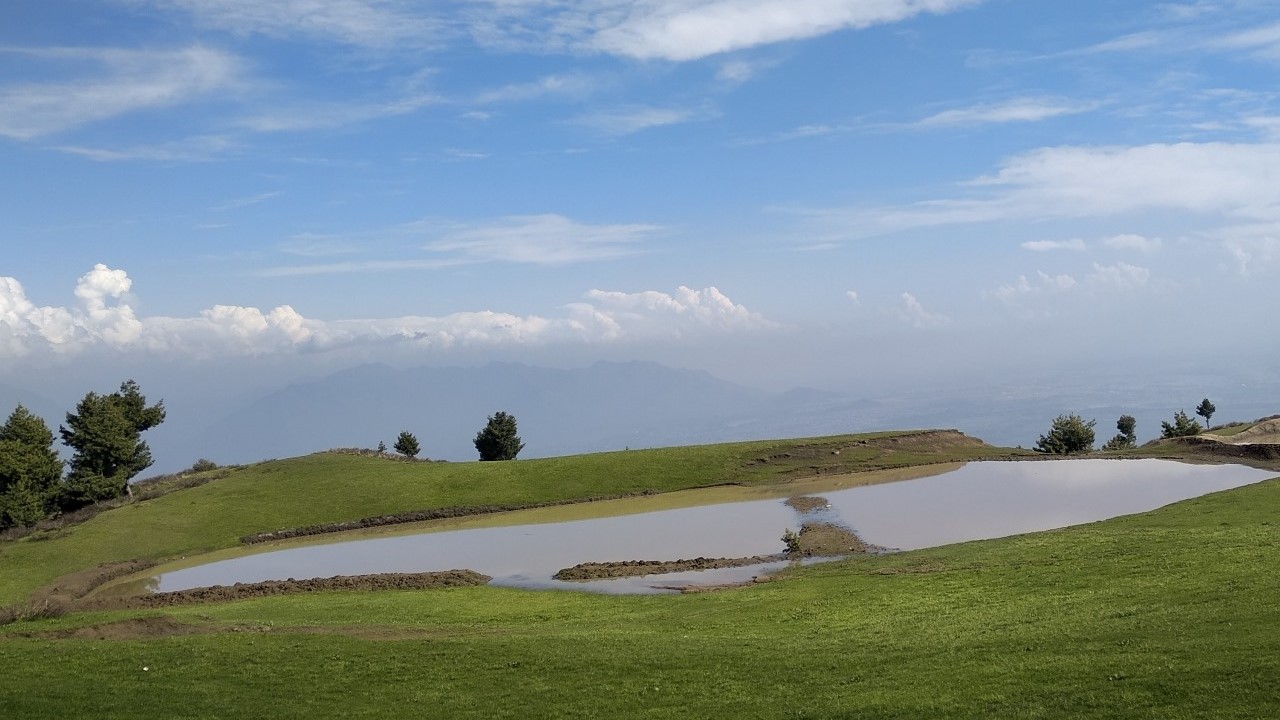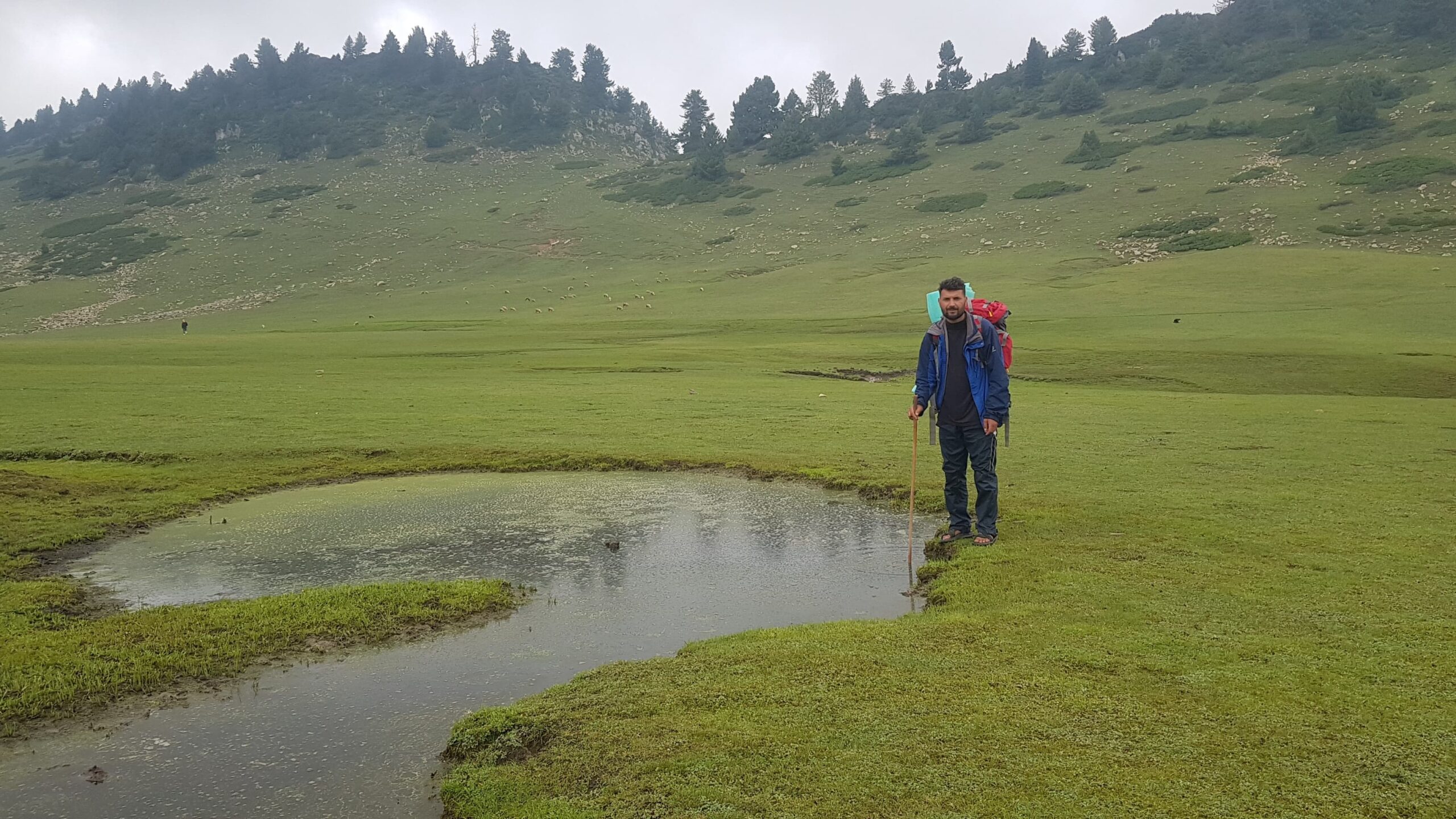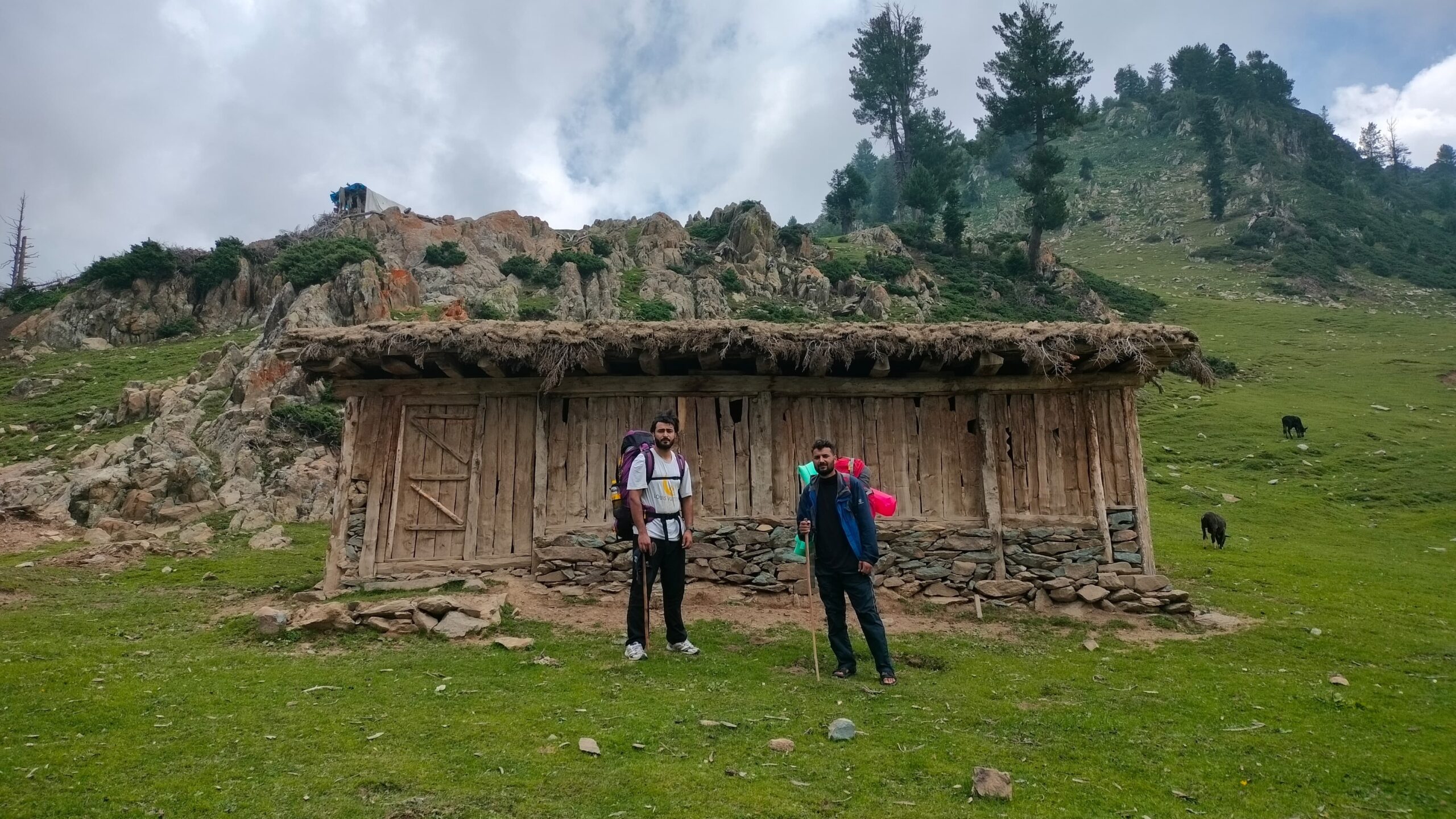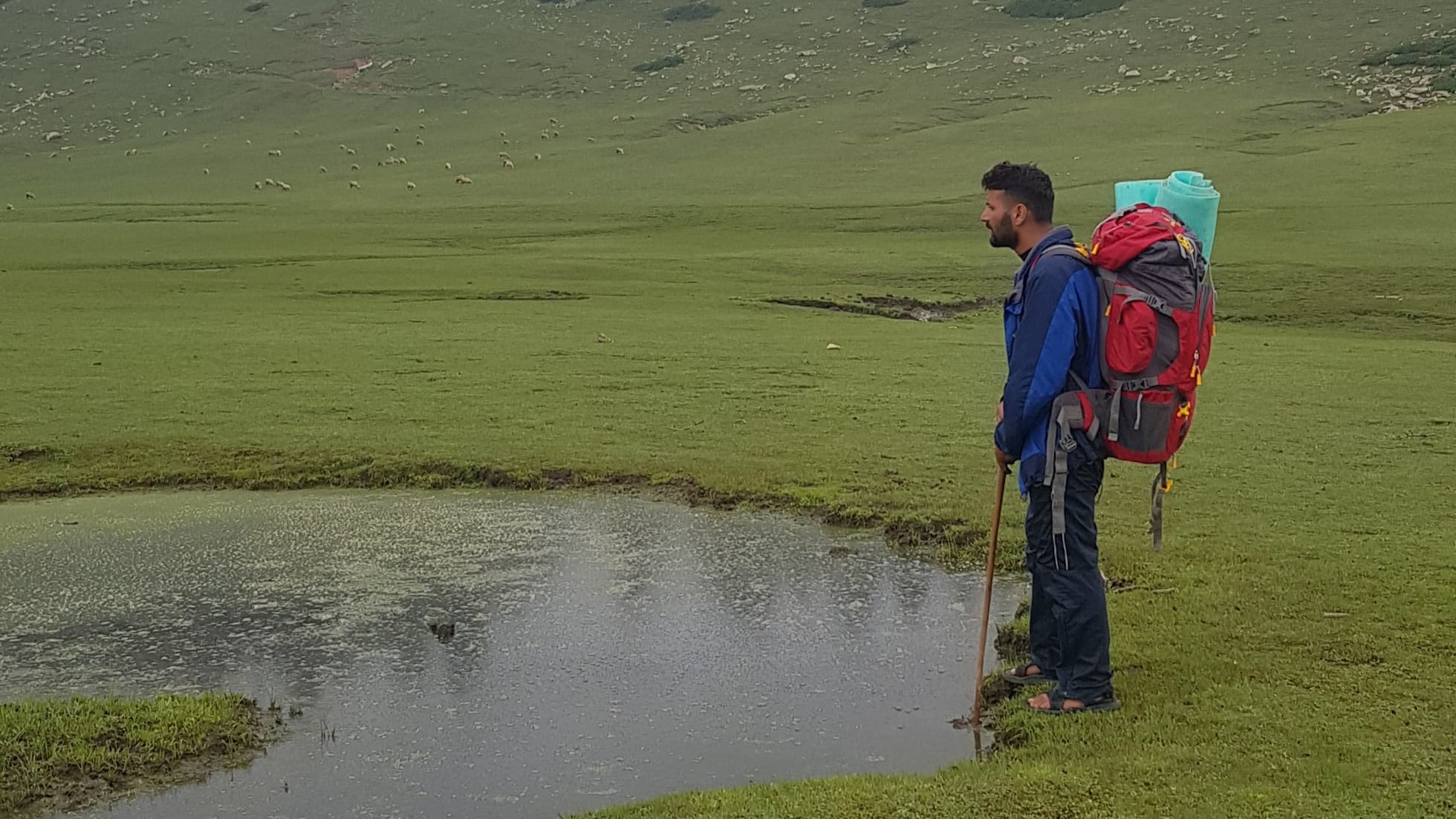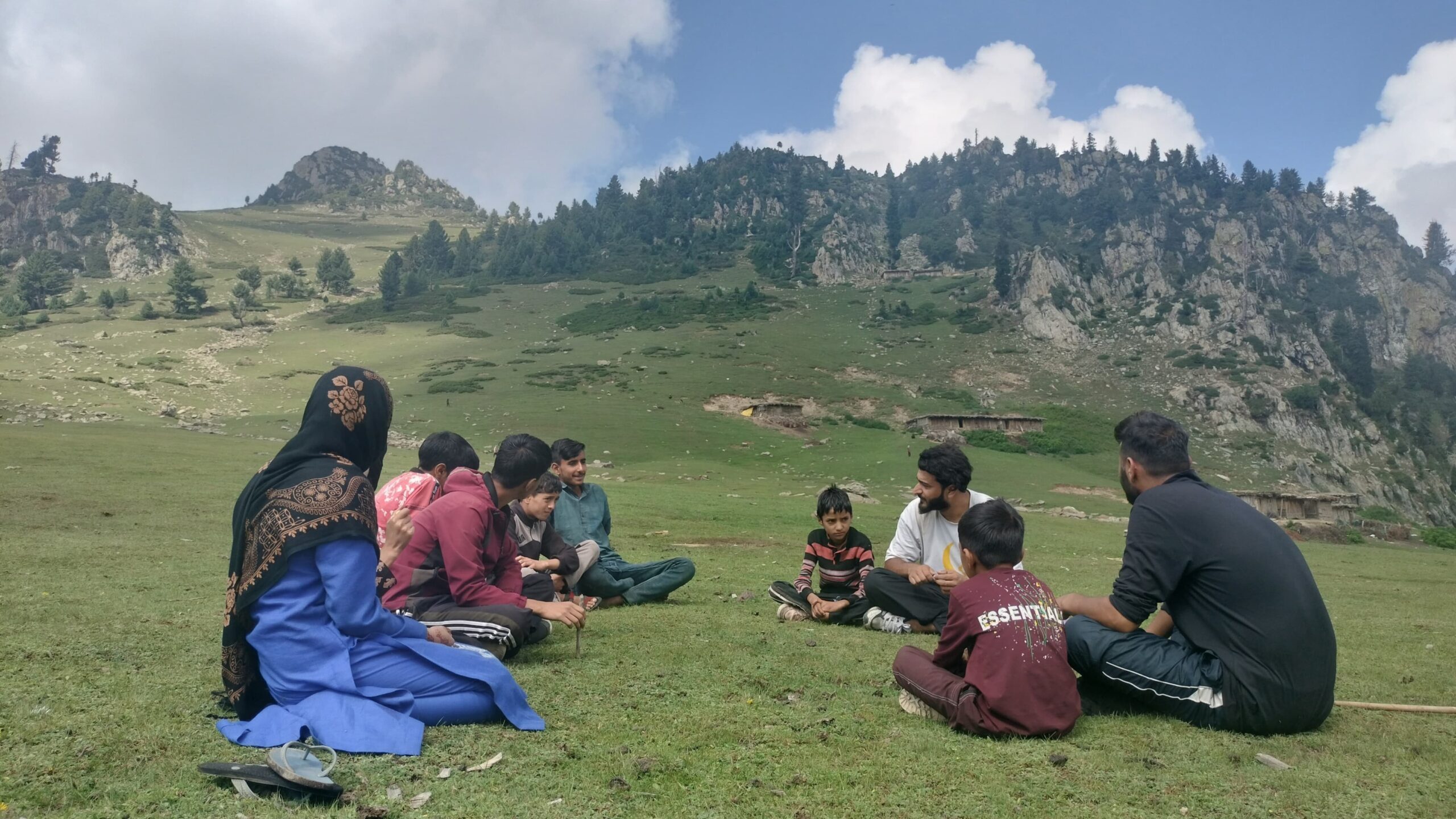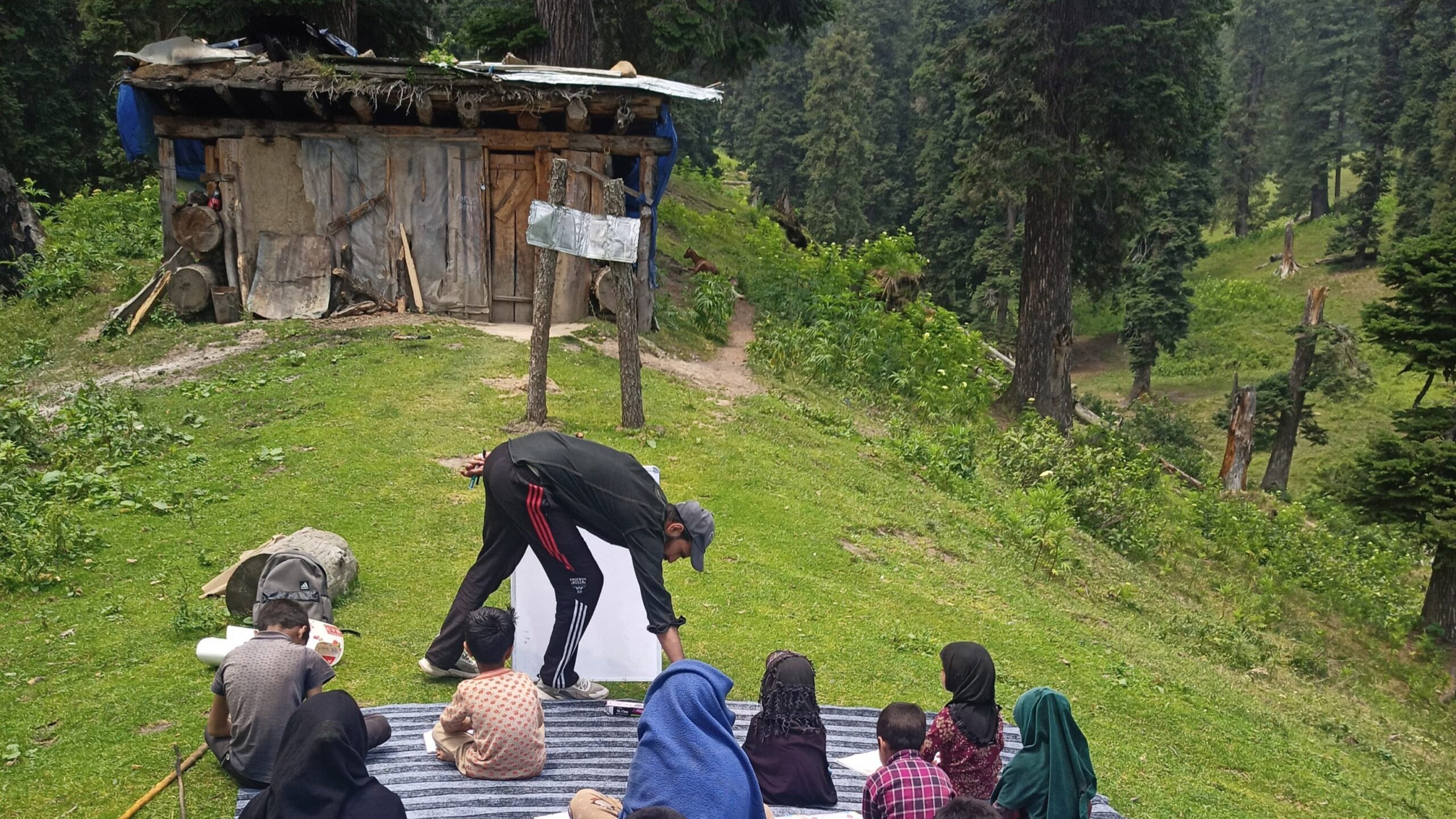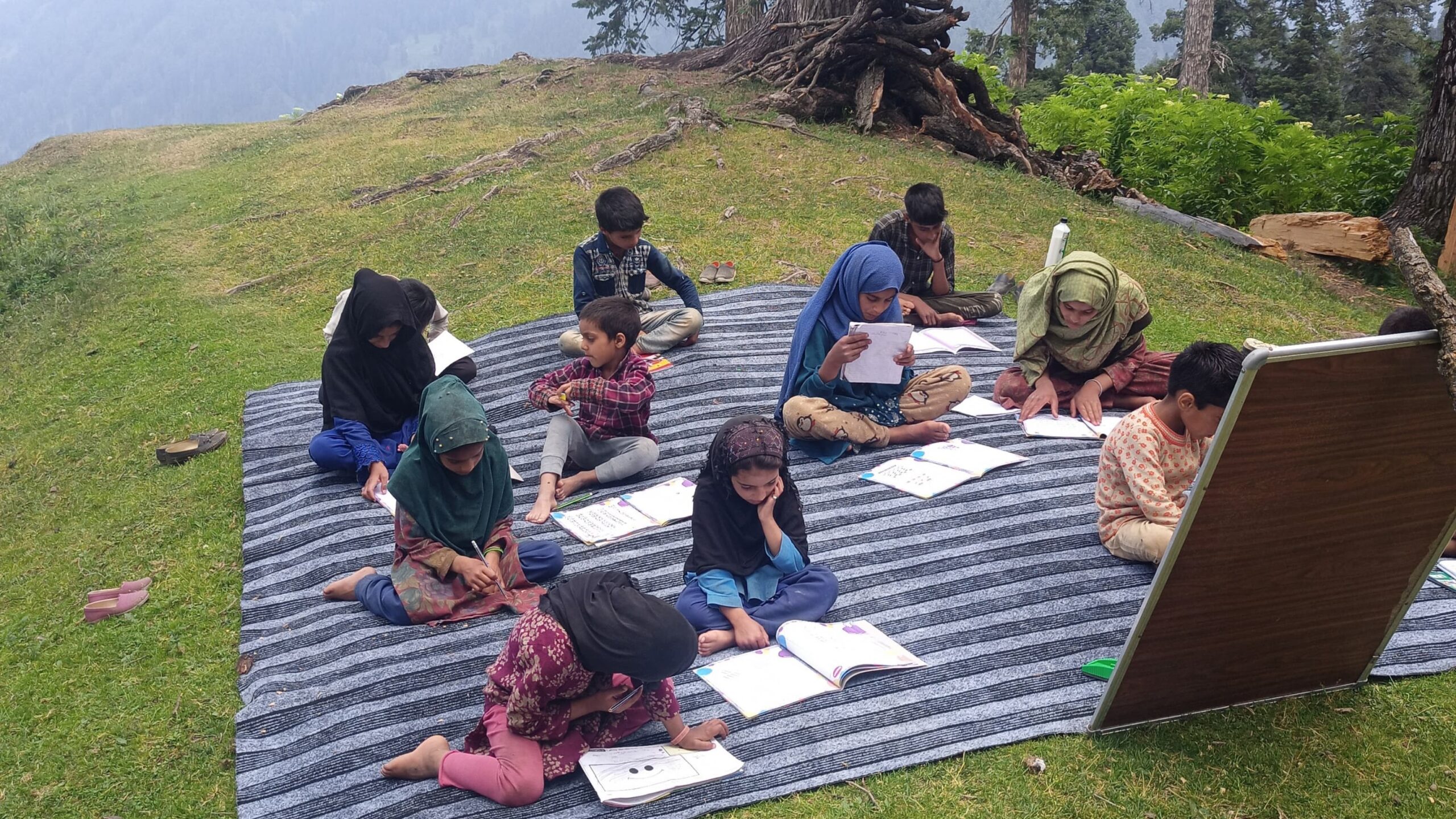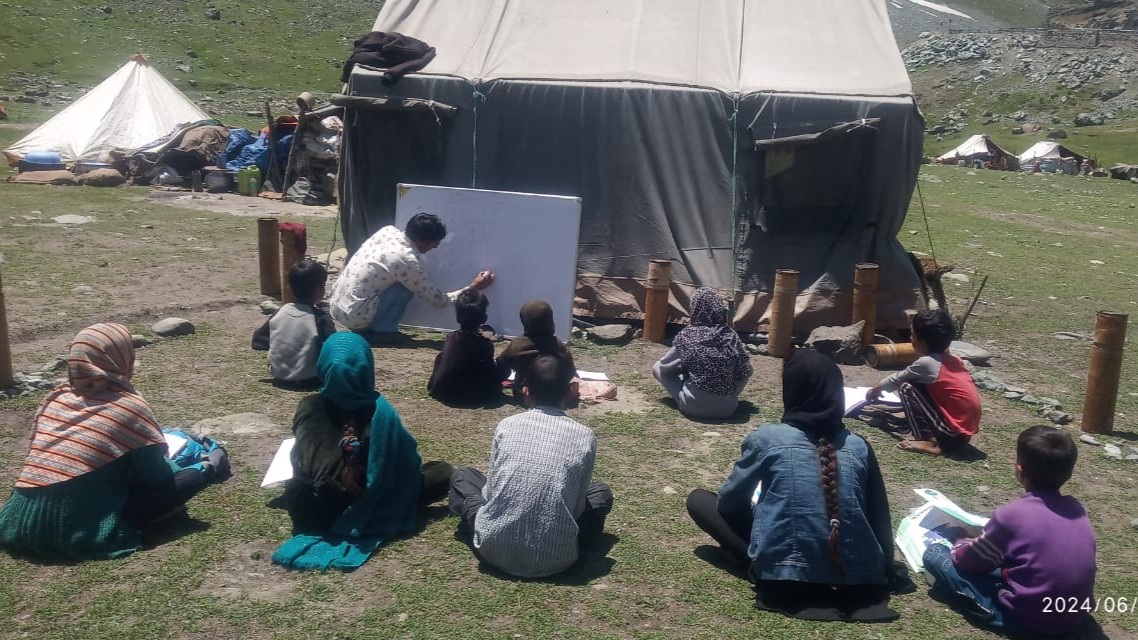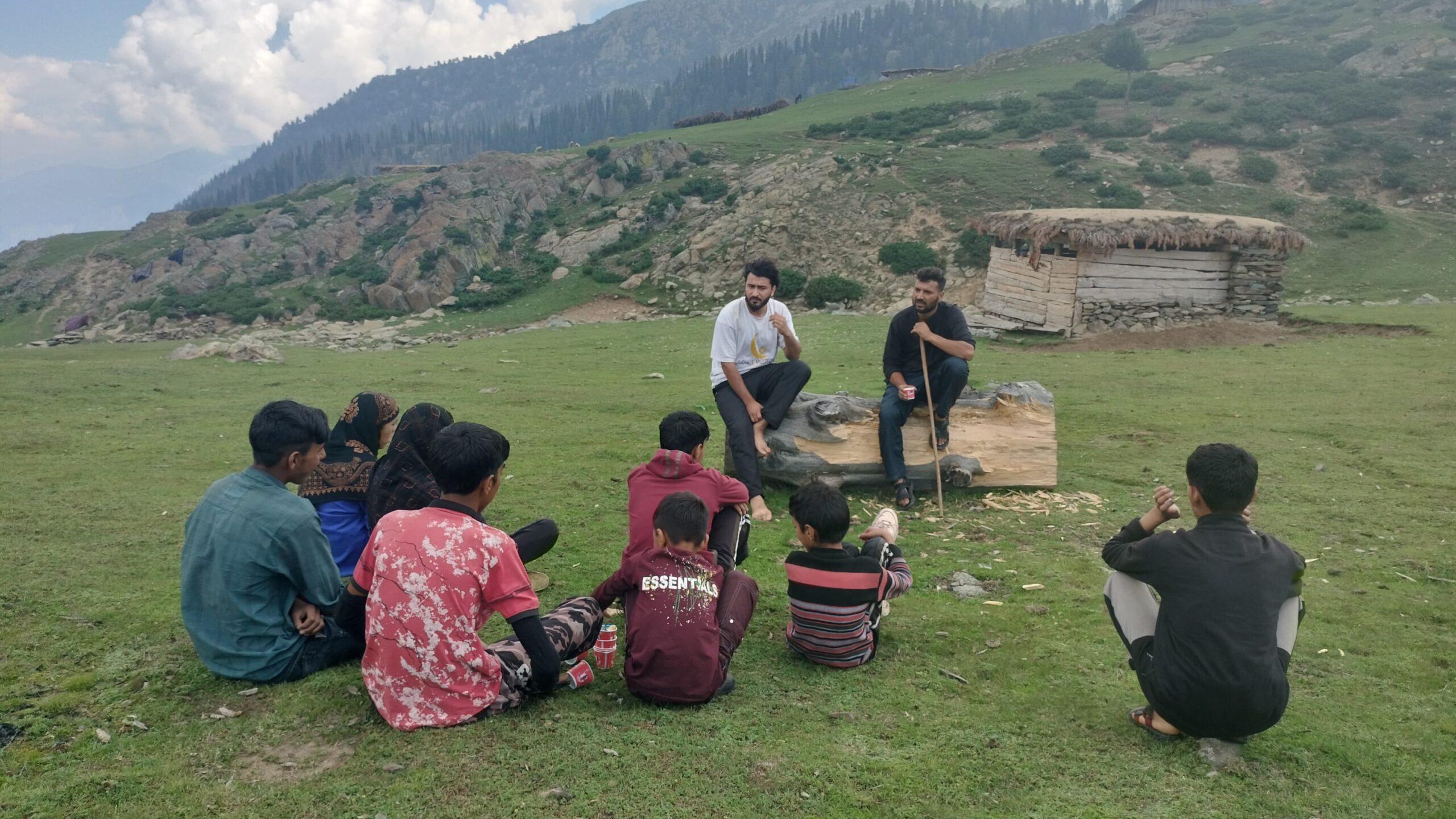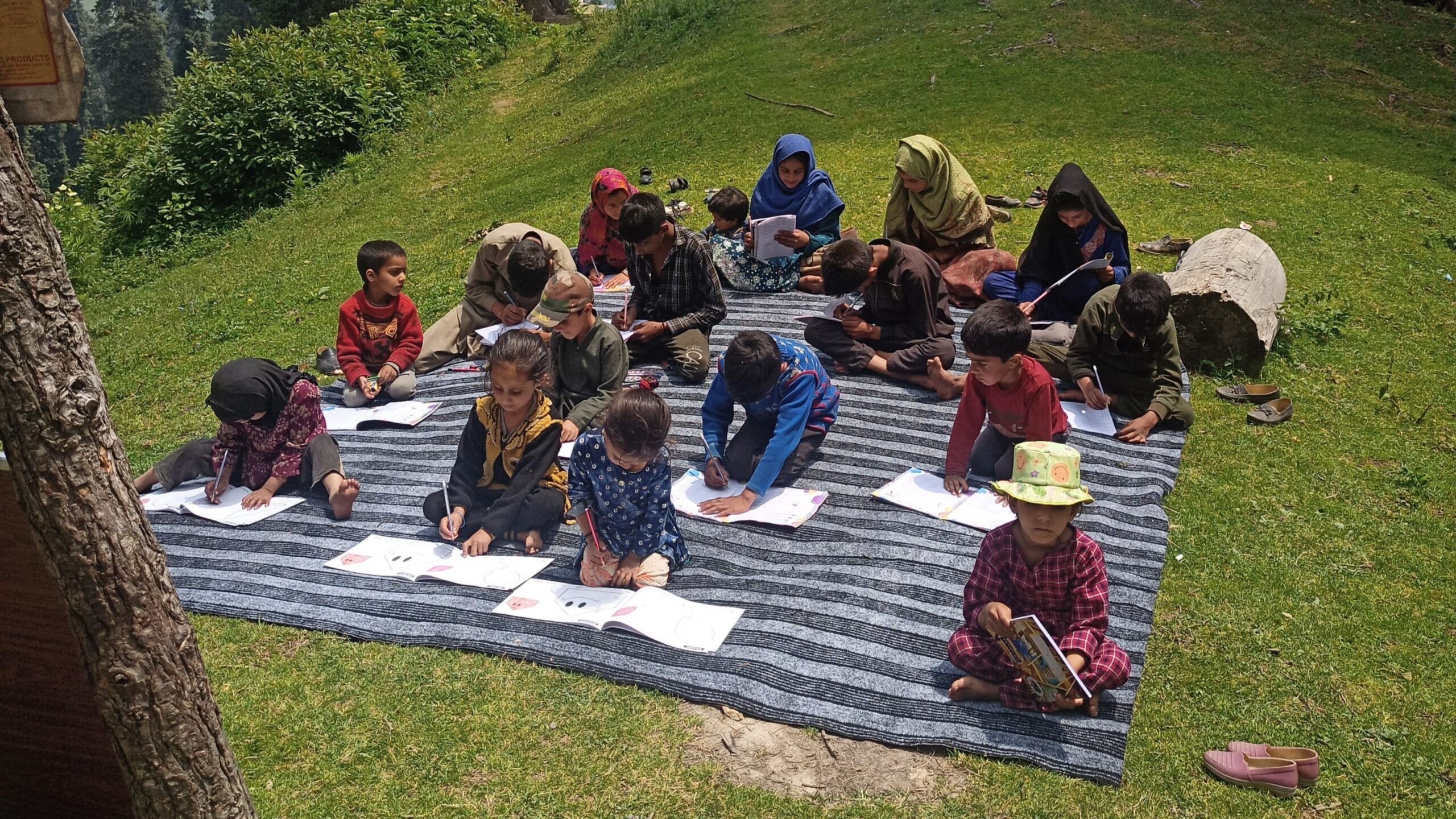INITIATIVES
Alpine Pond Solution
Pastoralism in the Face of Climate Change: Challenges and Resilience
The impacts of climate change, which are disproportionately affecting vulnerable socio-ecological systems like pastoralism. Climate change is not only intensifying the frequency and severity of extreme weather events but also altering precipitation patterns, leading to prolonged droughts, unpredictable rainfall, and shifts in vegetation zones. These changes pose significant challenges to pastoral communities, who rely heavily on natural resources for their livelihoods. Pastoralism is inherently vulnerable to climate change due to its dependence on seasonal grazing patterns, water availability, and the health of rangeland ecosystems.
The traditional knowledge that pastoralists have used to manage their herds and navigate environmental challenges is increasingly being put to the test by the rapidly changing climate. As a result, the resilience of pastoral systems is under threat, leading to potential declines in livestock productivity, food security, and overall well-being of pastoral communities.
Community-Led Rotational Grazing Plans
A sustainable approach designed to manage pastoral lands while balancing the needs of the Pastoral tribes and the health of alpine grasslands. This method involves dividing the grazing areas into smaller sections, known as paddocks, and systematically rotating livestock among them. By rotating grazing areas, this approach helps prevent overgrazing, allowing vegetation to regenerate and improving the overall health of the rangeland. It promotes soil fertility, maintains ecosystem balance, and ensures that the pastoral communities can continue their traditional livelihoods while safeguarding the environment. The involvement of the pastoralists in planning and implementing the grazing strategies ensures that the system remains culturally relevant and effectively addresses both community needs and ecological sustainability.
Water Availability Solution
The droughts caused by climate change have severely impacted pastoralists, with many springs drying up earlier than ever before. This has turned once-thriving pastures into barren lands, forcing many pastoralists to abandon their summer grazing campsites mid-season, and driving some to leave the profession entirely. To address this, the initiative focuses on constructing ponds in strategic locations to collect and store rainwater, providing a reliable water source for livestock, especially in areas without perennial water sources. These water points are distributed across the pastures to reduce pressure on existing natural springs and promote even grazing, ensuring that pastoralists can remain in their grazing areas throughout the season. This solution helps sustain both grazing practices and the health of the rangelands, preserving the livelihoods and traditions of the pastoral communities.
Key to Success: Community Involvement
The success of this initiative relies heavily on involving the local pastoralist communities. Pastoralists are actively included in both the planning and implementation stages, ensuring the solutions are tailored to their specific needs and traditions. The project draws on the wisdom of elders and experienced herders, who have valuable knowledge of the land and livestock management. By combining this traditional expertise with modern approaches, the initiative ensures better results. This community-driven involvement helps build trust, ensures the solutions are practical, and encourages long-term commitment to preserving both the rangelands and their livelihoods.
Grasslands to Classrooms
Empowering Pastoral Students with Traditional Knowledge.
We have started an innovative initiative that’s preserving indigenous wisdom while promoting environmental stewardship. Our program teaches traditional knowledge to pastoral students, focusing on the use of medicinal plants found in their native grasslands.
Hands-on Learning.
Through guided walks in the grasslands, students discover the rich biodiversity of their surroundings and learn about various medicinal plants used by their ancestors. Experienced elders share their expertise, teaching students how to identify species, understand their properties, and use them to treat ailments.
Sustainable Practices.
Students gain practical skills by participating in sustainable harvesting practices, ensuring these valuable plants continue to thrive for future generations. Our program fosters a sense of responsibility toward conservation and promotes ecological sustainability.
Preserving Cultural Heritage.
By bridging traditional knowledge with modern practices, we’re ensuring the rich traditions of pastoral communities continue to flourish in harmony with nature.

